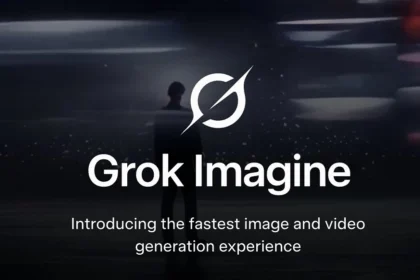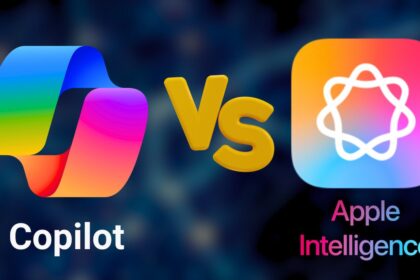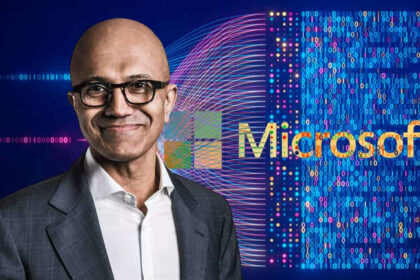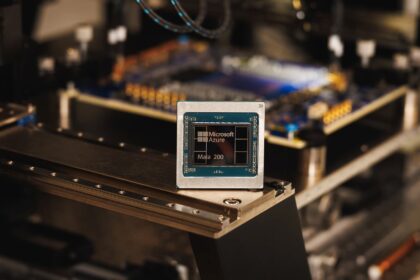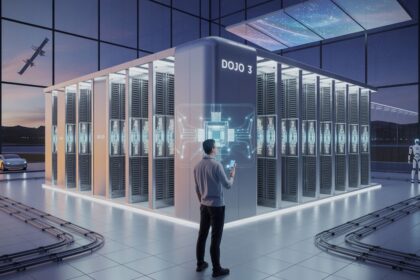In a landmark move that reshapes the cloud computing and artificial intelligence landscape, OpenAI has signed a seven-year, $38 billion agreement with Amazon Web Services (AWS) to secure the massive computing power required to fuel its next-generation AI models.
The deal, announced on Monday, comes just a week after OpenAI underwent a major corporate restructuring that grants it greater financial and operational independence from its longtime partner, Microsoft.
Under the agreement, OpenAI will gain access to hundreds of thousands of Nvidia GPUs through Amazon’s global cloud network—a critical resource for training and deploying large-scale AI systems, such as ChatGPT.
“Scaling frontier AI requires massive, reliable compute,” said Sam Altman, OpenAI’s co-founder and CEO. “Our partnership with AWS strengthens the broad compute ecosystem that will power this next era and bring advanced AI to everyone.”
The deal marks one of the largest cloud contracts in tech history and a major vote of confidence in AWS, which had been seen as lagging behind Microsoft Azure and Google Cloud in the AI race.
Following the announcement, Amazon’s stock surged to a record high, adding nearly $140 billion in market value, while Microsoft shares briefly dipped amid concerns that OpenAI’s expanded partnerships could dilute its influence over the company it helped fund.
OpenAI’s commitment to Amazon comes as part of its broader plan to spend $1.4 trillion building 30 gigawatts of computing infrastructure — enough energy to power roughly 25 million U.S. homes — as it races toward artificial general intelligence (AGI).
AWS will begin provisioning computing resources for OpenAI immediately, with full capacity expected by the end of 2026. The option to expand further through 2027 and beyond is also available.
Powering ChatGPT and the Next Generation of AI Models
Amazon said it will deploy massive new data clusters equipped with Nvidia’s latest GB200 and GB300 AI accelerators, designed to handle the enormous data workloads behind ChatGPT and OpenAI’s upcoming models.
The move further strengthens Amazon’s position as a leading supplier of AI infrastructure, complementing its Bedrock platform, which already offers access to a variety of large language models, including those from Anthropic, Meta, and Cohere.
Strategic Shift Away from Microsoft
The timing of the agreement underscores OpenAI’s effort to diversify its computing partnerships following last week’s internal overhaul, which reportedly removed Microsoft’s “first right of refusal” to supply compute resources.
The Redmond giant remains a major investor in OpenAI and continues to integrate ChatGPT technology across its products. However, both companies have increasingly sought to reduce their dependence on one another.
Earlier this year, Reuters reported that OpenAI had also secured cloud deals with Google and Oracle, including a $300 billion, five-year arrangement with Oracle for additional computing capacity.
IPO Speculation and Industry Caution
The massive cloud spending spree comes as OpenAI prepares for a potential initial public offering (IPO) that could value the company at up to $1 trillion, according to reports.
But such eye-popping figures have raised concerns among analysts that the current AI investment boom could be veering into bubble territory.
“AI firms are committing unprecedented capital to infrastructure and compute,” said one industry analyst. “The question is whether the demand for these systems will scale fast enough to justify these trillion-dollar bets.”
For Amazon, the OpenAI deal is a clear win — reaffirming AWS’s relevance in an increasingly AI-driven cloud market. For OpenAI, it signals a bold new chapter in its evolution — one that could define the next decade of artificial intelligence.






